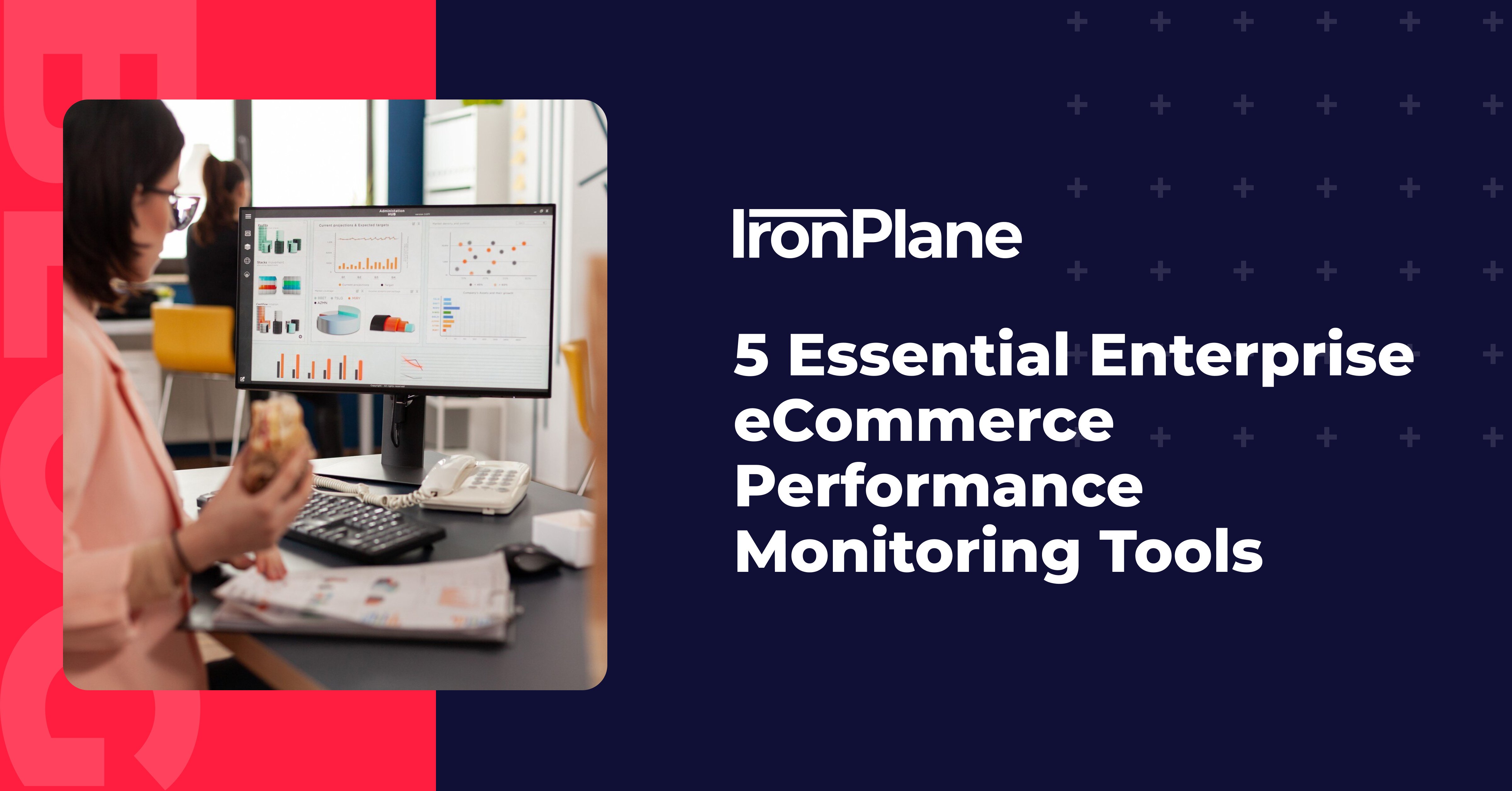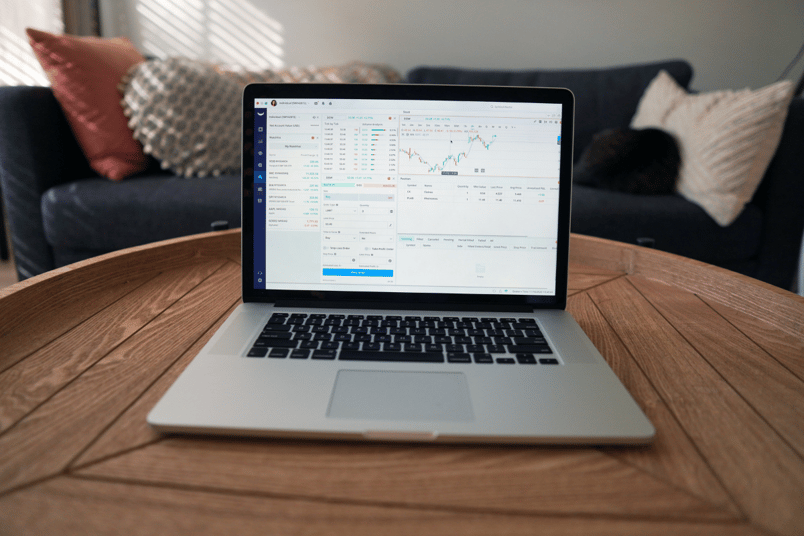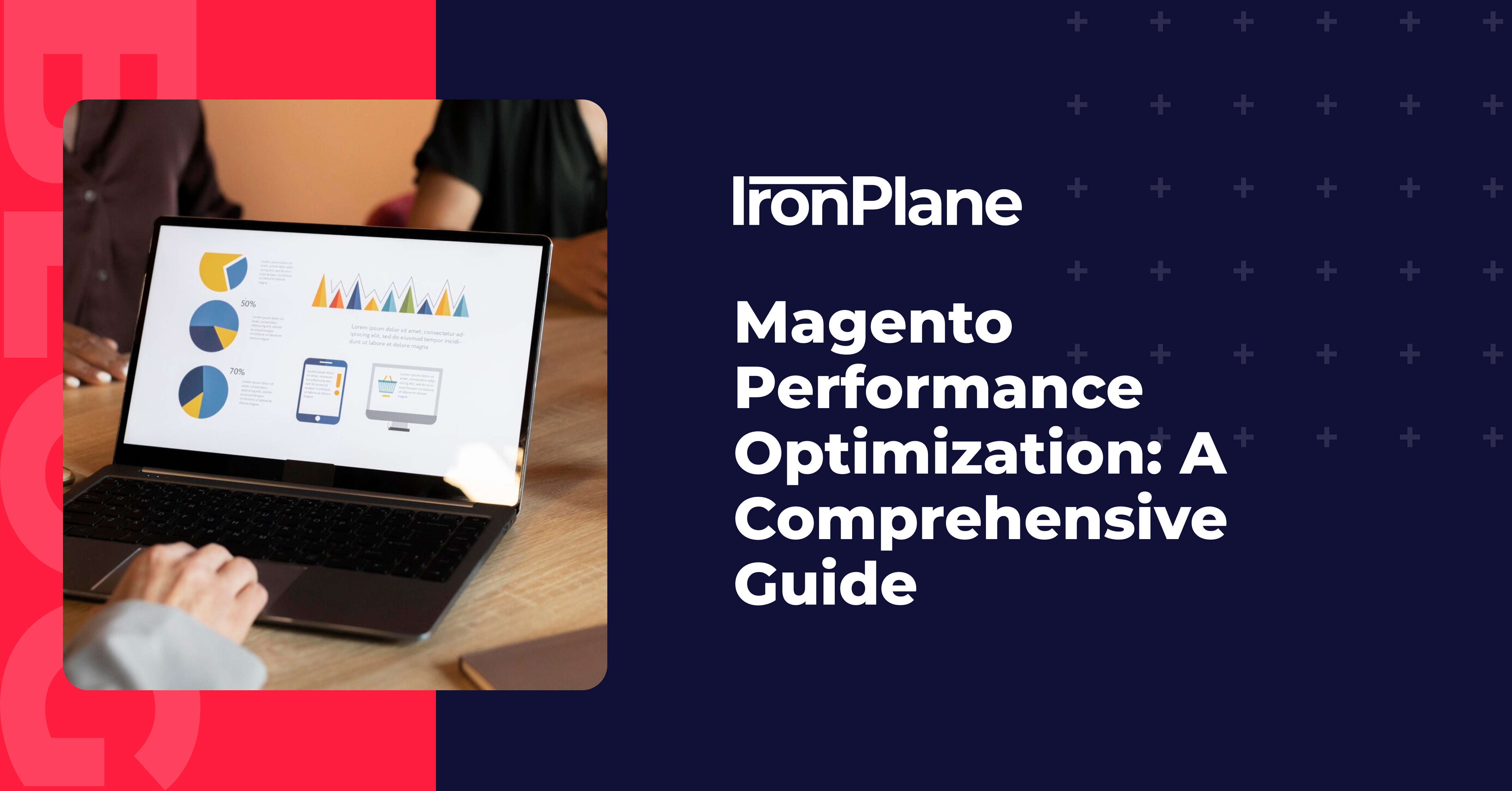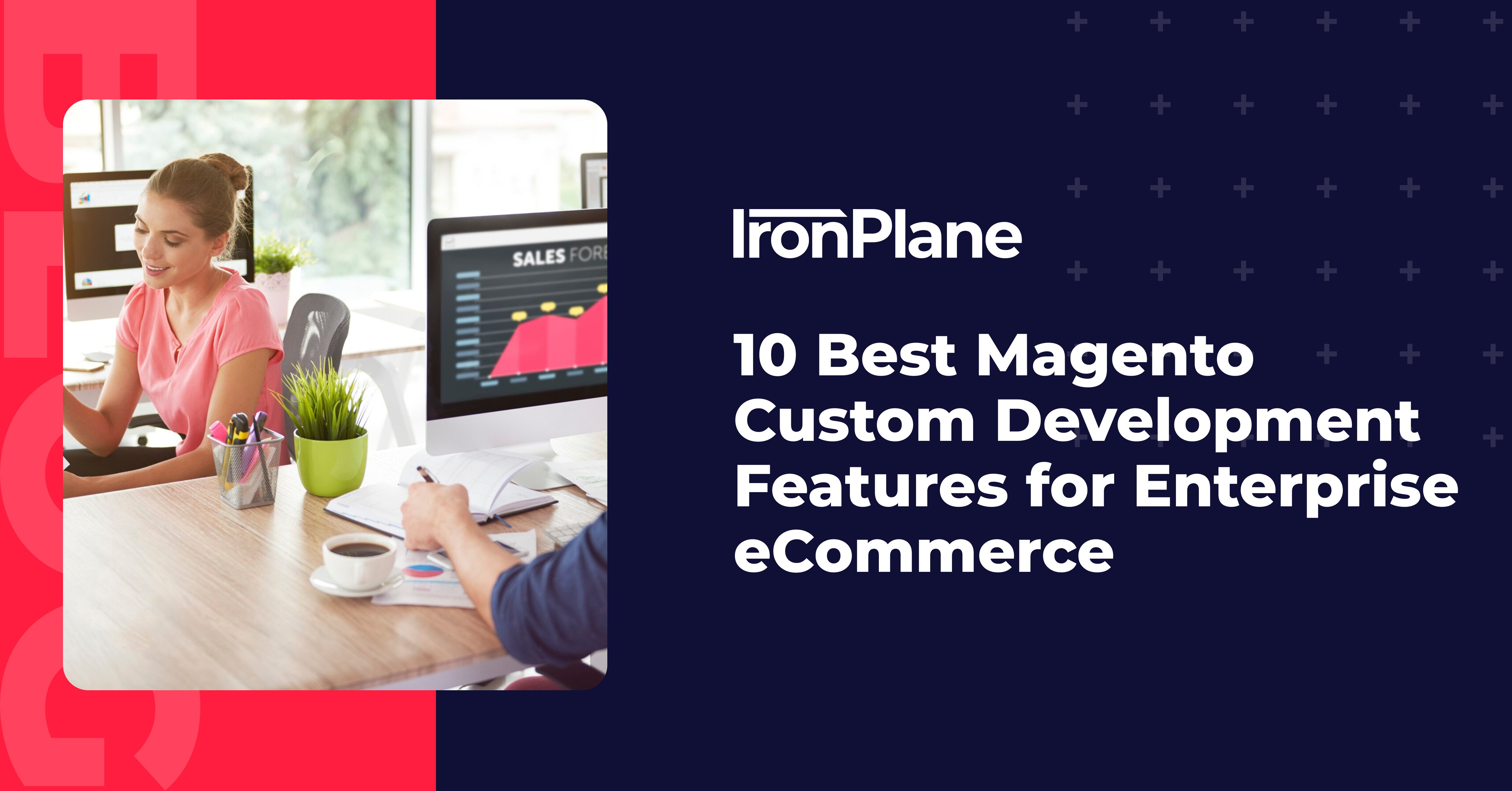Magento Performance Optimization: A Comprehensive Guide
Welcome to our guide on Magento Performance Optimization. If you're running an online store using Magento, you know how important speed is for your success.
4 min read
 Jeff Zoldy
:
November 13, 2024
Jeff Zoldy
:
November 13, 2024

Keeping track of your online store's performance is really important for success in today's fast-moving digital world. Let's look at some top tools that can help you stay ahead and make your online business better.
| Key Takeaways |
|---|
|
Before we talk about specific tools, it's important to know the key performance indicators (KPIs) that matter most for online stores. These numbers help you see how well your store is doing and where you can make it better.
Some of the most important eCommerce metrics include:
These numbers give you insights into how your store is performing and help you make smart decisions to improve your business. By keeping track of these KPIs regularly, you can spot trends, catch potential problems early, and find ways to grow your business.
Google Analytics is a powerful and free tool that's great for tracking eCommerce performance. It's a good place to start for any online store, giving you information about where your visitors come from, how they use your site, and how many of them buy something.
Cool features for big businesses:
To get the most out of Google Analytics, make sure to set up enhanced eCommerce tracking. This will give you detailed information about how well your products are selling, how people shop on your site, and how they go through the checkout process. Also, use the custom reporting features to create dashboards that show the information that's most important for your business.
For bigger businesses, Adobe Analytics offers a more complete set of tools for collecting and analysing data. It's especially useful for businesses that sell through many different channels.
Cool features:
Adobe Analytics is really good at giving you a full picture of how customers interact with your business across different touchpoints. Its predictive analytics can help you guess what customers might do next and improve your marketing strategies.
New Relic is a tool that monitors how well your applications are performing. It's especially useful for eCommerce sites built on custom platforms. It helps you find and fix performance issues quickly.
Cool features:
New Relic's ability to give you deep insights into how your application is performing makes it really valuable for keeping your shopping experience smooth. Its real-time alerting system can help you fix issues before they affect your customers.
Datadog offers full-stack observability, which is really important for complex enterprise eCommerce setups. It lets you monitor your entire infrastructure, from servers to applications.
Features:
Datadog is really good at connecting data from many different sources, giving you a complete view of your eCommerce ecosystem. This can be particularly useful for finding complex issues that span multiple systems.
For stores built on the Magento (now Adobe Commerce) platform, Magento BI is a powerful tool for advanced reporting and analytics. It's designed specifically for eCommerce and works really well with Magento stores.
Cool features:
Magento BI is really good at providing eCommerce-specific insights, like calculating how much a customer is worth over their lifetime and analysing which products people like to buy together. Its integration with the Magento platform allows for deep dives into order data and customer behaviour.
Having the right tools is just the first step. To really make your eCommerce performance better, you need to have a complete monitoring strategy. Here are some good practices:
Remember, the goal of performance monitoring is not just to collect data, but to use that data to make smart decisions that improve your store's performance and customer experience. Regularly review your monitoring strategy to make sure it aligns with your business goals and adapts to changing market conditions.
One of the most important factors in eCommerce success is website speed. Slow-loading pages can really hurt your conversion rates and revenue. Magento performance optimisation is crucial for staying competitive in the eCommerce world.
Key areas to focus on for performance optimization include:
Regularly testing and improving these areas can lead to big improvements in your site's speed and overall performance. Consider using tools like Google PageSpeed Insights or GTmetrix to find specific areas for improvement.

The real power of performance monitoring is in how you use the data to make strategic decisions. Here are some ways to use your performance data:
Remember, data-driven marketing for eCommerce stores is key to staying competitive in today's digital marketplace. By consistently analysing your performance data, you can make informed decisions that drive growth and improve customer satisfaction.
As eCommerce continues to change, so will the tools and strategies for monitoring performance. New trends like AI and machine learning are set to change how we analyse and act on eCommerce data.
To stay ahead, it's important to:
By using the right tools and strategies for performance monitoring, you can make sure your enterprise eCommerce store not only survives but thrives in the competitive online marketplace. Remember, the key to success is not just collecting data, but using it to make smart decisions that move your business forward.
If you want to improve your eCommerce performance, think about partnering with a Magento development agency that can help you use these tools and strategies effectively. With the right approach to performance monitoring, you can take your online store to new levels of success, giving your customers great experiences and achieving sustainable growth in the digital marketplace.

Welcome to our guide on Magento Performance Optimization. If you're running an online store using Magento, you know how important speed is for your success.

we know how important it is to use different online marketing methods together. We help online stores stand out and sell more. Let's look at the key ways to make your online store more successful.

Magento is a powerful platform for enterprise eCommerce. With custom development, it can improve your online business.